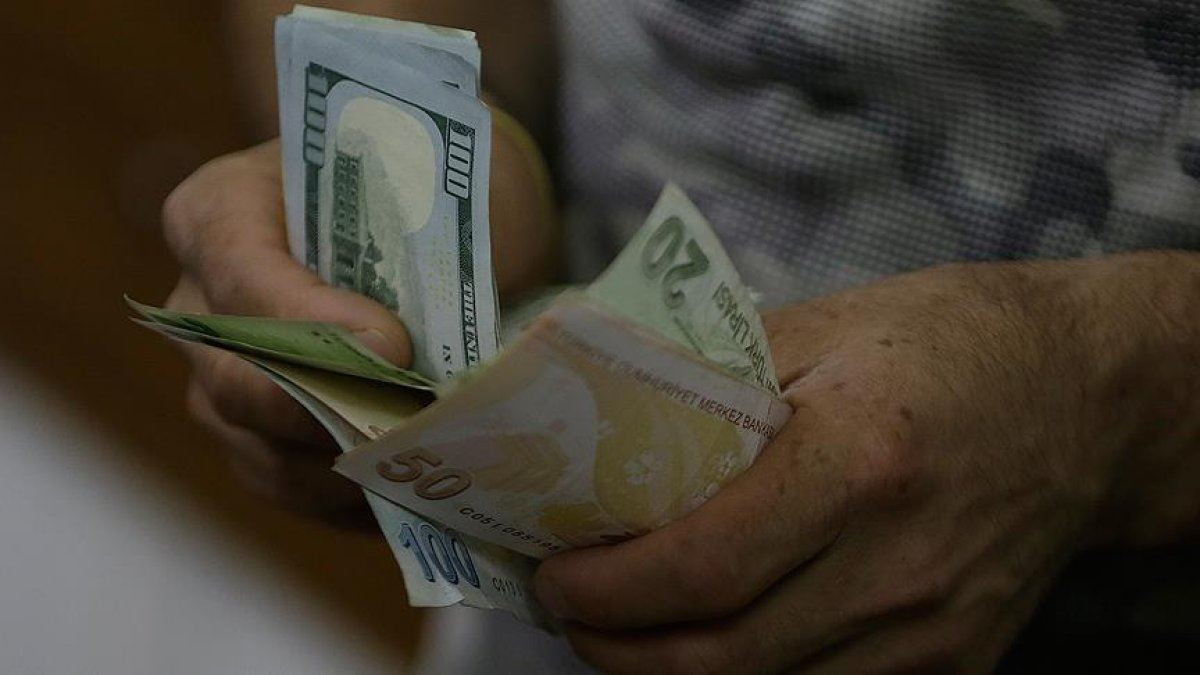
Working with foreign currency in domestic transactions is prohibited in Yemen (Credit:Steelradar)
Last updated on: 12-08-2025 at 6 PM Aden Time
|
|
Aden (South24 Center)
The Yemeni Cabinet announced on Monday, August 11, a ban on the use of foreign currency as alternative to the Yemeni rial in commercial transactions, service payments, and financial contracts within government-controlled areas. This decision, implemented through Resolution No. (13) of 2025 effective since July 30, aims to strengthen the national currency's sovereignty and stabilize its value.
The resolution mandates the exclusive use of the Yemeni rial for all transactions involving the sale and purchase of goods and services, as well as financial contracts in government-held territories. It specifically prohibits foreign currency payments for transactions that do not require them, including tuition fees, medical expenses, rental payments, and travel tickets.
The Cabinet has tasked the Ministries of Industry and Trade, Justice, and Interior, along with provincial governors, with the implementation of monitoring measures to ensure compliance. These authorities are required to apprehend violators and refer them to the relevant legal bodies, as well as submit periodic reports to the Prime Minister on the implementation progress. The resolution remains in effect until all its provisions are fully executed.
In a related development, ‘South24 Center’ obtained copies of official letters dated July 28 and 29 from Prime Minister and Finance Minister Salem bin Brik to the Central Bank Governor in Aden and the chairmen of the National Bank of Yemen and the Agricultural Cooperative Credit Bank. These directives order the closure of all government accounts belonging to public institutions, agencies, and funds in commercial and Islamic banks, as well as exchange companies operating in government-controlled areas, with their balances to be transferred to the Central Bank in compliance with existing financial regulations.
Bin Brik emphasized the necessity of restricting government accounts exclusively to the Central Bank and prohibiting the opening of any new accounts outside this framework. He warned of punitive measures against violators, stating that it would constitute a legal violation.
Despite the clarity of these government directives, no concrete steps have yet been taken by the Central Bank in Aden to implement these decisions, raising questions about the reasons for the delay and the monetary authorities' seriousness in controlling public funds.
On August 7, the Central Bank mandated all banks and exchange companies to meet importers' foreign currency needs exclusively through the approved mechanism of the National Committee for Import Regulation and Financing, while prohibiting foreign currency sales to traders outside this framework. Exchange companies were also required to sell their foreign currency reserves to banks or approved exchange companies by the end of each business day or the following morning.
These developments coincide with the relative stabilization of the Yemeni rial in government-controlled areas at approximately 1,632 rials per US dollar for selling and 1,617 rials for buying, along with 428 rials per Saudi riyal for selling and 425 rials for buying. This comes days after the US dollar surged beyond 2,900 rials in mid-July, marking the Yemeni currency's worst historical decline.
South24 Center